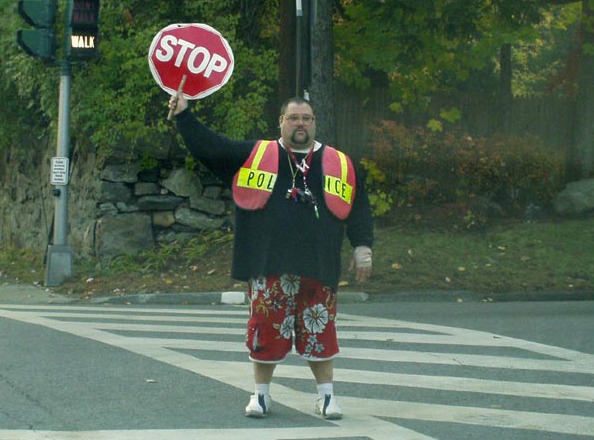If you’re anything like me, it’s easy for you to get torpedoed into the endless and exhausting cycle of people-pleasing.
For a regrettably large portion of my life I cringed at the thought of ever, in any way, disappointing another human being—even a stranger.
I inched through four years of college carrying the weight of being the listener, the nodder, the girl who validated decisions, made people feel good about themselves, and said yes to doing things that I didn’t even have time or energy or money for. And while all of this is honorable in my eyes, I played this role at the cost of my own sanity.
There were countless times where I shoved myself to the side in order to make room for what other people were feeling. I often ignored what I needed because I wanted so badly to give the people around me what they needed from me. This cycle left me emotionally deflated. Exhausted. Empty.
While the desire to provoke happiness in the lives of others is quite admirable, I’ve finally found that it should never come at the cost of sacrificing my own. For a long time, my self-worth teeter-tottered on how the people in my life reacted to what I had to offer. This, my friends, is the gluten-free recipe to absolute and disastrous failure.
Here are the four ways that I’ve begun to prioritize my needs and my happiness in an effort to regain control of my life.
1. Don’t be afraid to say no.
For us, saying no is equivalent to punching someone in the face. We can’t fathom being asked a favor of some sort and replying with those two painful letters. We tend to associate “no” with negativity and lack of genuine concern. I’ve recently learnt, however, that saying “no” simply asserts the power that I have over myself and over my life.
If I am not in the place to say yes, then saying no is a completely acceptable alternate. If saying yes puts me in an uncomfortable or borderline impossible situation, then saying no is essential. If saying yes does not appeal to where I currently am in my life, then saying no is a must.
Declining to do something does not mean that we are bad people—it just means that we have the power to make decisions about the things that greatly effect our lives.
2. Stop explaining why you’re saying no.
Every single time that we say “no,” we immediately feel the instinctive urge to follow it with an explanation—it’s like explanation vomit. Because saying no is hard enough in itself, we feel the desperate need to explain ourselves. I’m slowly discovering that I don’t need to write an APA formatted, 500 word essay explaining why I cannot currently prioritize someone else’s needs over my own. Explanations, at times, are essential, but there are also times when saying no should be enough. No explanation is needed for simply choosing to take care of ourselves.
3. There is a way to give people what they want without completely ignoring and undercutting what you want.
For the many years that I’ve struggled with chronic people-pleasing, I felt as though voicing my needs was completely out of the question. It never occurred to me that I could do something for someone while still involving the things that I needed to be done for myself. Relationships of any kind should never be one-sided. It’s okay to ask for things. It’s okay to ask for help. And it’s okay to need a little bit of love in return for all of the things that we do for other people. And though I still feel slightly awkward and uncomfortable making my needs known, I’ve found that it is crucial to my happiness.
4. Start listening to that little voice inside of your head.
We give so many people the benefit of the doubt—why not trust ourselves for once? Being a people-pleaser often comes with the unwarranted joy of really taking what other people say into consideration. One of the toughest parts of my journey has been the attempt to really let go of this need for external validation. I’ve begun with asking myself why I seek comfort in approval from others with regards to things that have absolutely nothing to do with them and everything to do with me.
The truth is that what other people say has more of a reflection on them than it ever will on me. Of course there will be people in our lives who offer exceptional input, but chances are we will always innately know what’s best for us. Trust what you have to offer. Trust the capacity in which you understand yourself. Trust your decisions and your mistakes. Trust that it’s enough.
For the chronic people-pleaser, these four things can pose as a real challenge—and might even seem selfish. It’s not easy to transition from a mindset of constant people-pleasing to a mindset where we come first.
Because I do greatly value the people in my life, I am still in search of a balance where I can include both of these mindsets in my life. I’ve found that my need to please others has largely grown from my lack of faith in myself. I constantly felt the need to over-adorn who I was naturally just so that I could maybe seem a little more appealing. But we are not products and we should never attempt to package ourselves as such. We are human beings who deserve as much of the same love as we give away.
So if you are a chronic people-pleaser, let seeking approval from outside of yourself just be a reminder to start finding it within. You are worth it. You are enough. The first step is believing that you are.
Author: Kelisha Gardeen
Editor: Catherine Monkman
Photo: Wikimedia Commons












Read 0 comments and reply